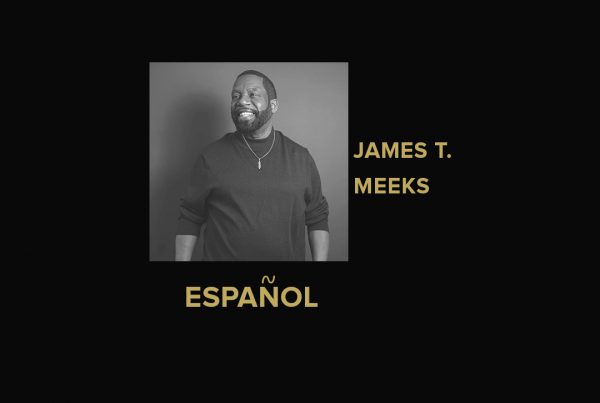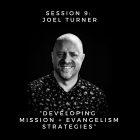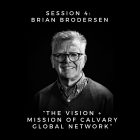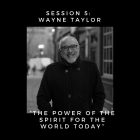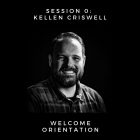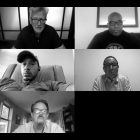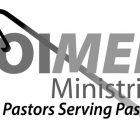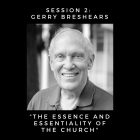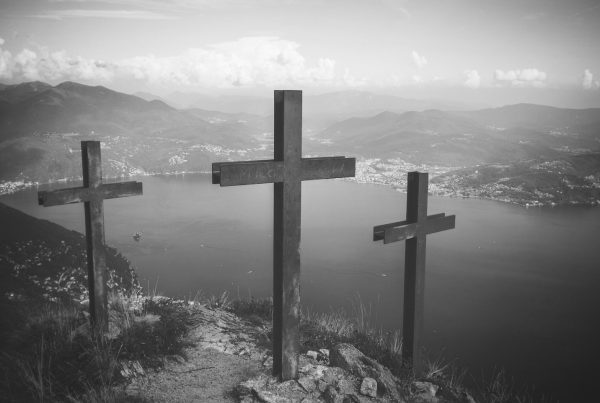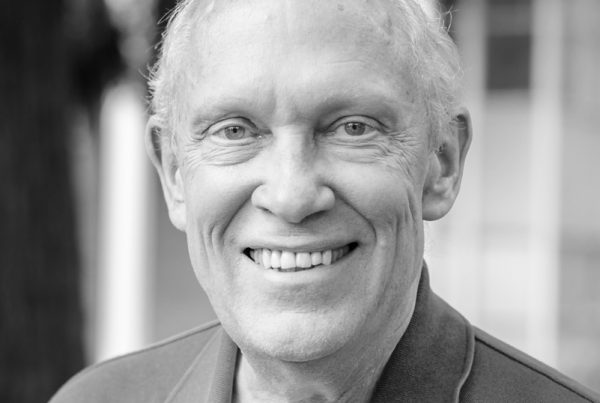Part 1
About
“Church planting has changed— it’s the same gospel, but planting in different soil requires us to think biblically and missiologically. In this session, Ed Stetzer will look at pressing issues in church planting— what you know to effectively plant gospel churches in this new world.”
Audio Only
Part 2
Audio Only
Transcript
Ed Stetzer:
“Pressing Issues in Church Planting”
I want to take you back to 1968. That year, you may know, was a tumultuous year. Let me give you some of what was going on in 1968: It was the midst of a political season, a lot of division in the country. There was actually a virus, the Hong Kong flu, and it actually spread. It was one of the worst years of a flu pandemic in history, not the worst, but one of the higher-level ones.
We had social unrest in the midst of the Civil Rights Movement, where many times, Christian leaders were speaking up for a better path on issues of race and more. It was the midst of an economic struggle; the Vietnam War was coming up at the same time; the Tet Offensive was at the same time; North Korea was in the news; the [USS] Pueblo Incident, and more. And a church named Calvary Chapel left the International Church of the Foursquare Gospel, and a year later, began to be a global headquarters for something that would later be called the “Jesus Movement.” We’re living, in a lot of ways, in 1968.
Again, you may have forgotten, but at the beginning of 2020, there was actually an impeachment. I mean, that seems like 17 years ago in COVID time. And here, we find ourselves in an economic downturn, in the midst of civil unrest, in the midst of a new era of civil rights conversations, in the midst of a global pandemic, and more.
So, I’m actually of the view that what’s going on right now in our culture could be the preparation for what could be similar to the Jesus Movement, because there is a discordant feel in our culture.
We are in a time of brokenness. We’re often unsure how to respond, right? We want to speak up on issues of race and injustice, but then people label us as “this.” We want to care about people’s sickness, but then people yell at us for “this.” And you feel like a lot of the country did in 1968—that there’s something wrong. There’s no path forward to fix it. And where are we going? In many ways, 1968 was worse than it is today, with probably the exception of the global pandemic being more serious now than it was then. But the reality is, in the midst of that time, the people of God actually stepped up, stepped out; and God used it in a powerful way.
So, in this short video here for the Calvary Global Network, I want to talk with you about some things related to church planting that I think this moment reminds us [of]. There are three things I want to look at today. They’re historical, missiological, and practical, and I’ve already started giving you some of the historical.
I believe we are at a pivotal time, that our culture is not going to be able to have the answers to get through the current crisis. We don’t have the answers. How do we address issues of race? How do we address, in the midst of a very divided time, a global pandemic? Do we meet? Do we not meet? Do we mask? Do we not mask? Imagine all these arguments, and there’s going to be no clear solution. And in fact, the division is going to grow. I hate to tell you this, but 2020 continues into an election. For those of you who live in the United States, that division is going to grow more evident and more real.
And so, the question is what will we do? Now, for a lot of Christians, they’re being spiritually shaped by their cable news choices. They’re being spiritually formed by their social media feed, and they’re just going to join in the vitriol. But I think what you find is that God’s Holy Spirit is working in and through church planting.
Now, I believe in more than church planting, right? So, they’ve asked me to talk about some of the issues related to church planting in the pandemic and post-pandemic. I believe in prayer. I believe in Bible study. I believe expository preaching. We know all those things, right?
But I believe we may be entering into a Renaissance of church planting. Now, again, as Calvary Global Network, you may not immediately think of the Calvary Movement (Calvary Chapel, and the churches that birthed around the world from that) as church planting. But from the perspective of a missiologist, just as an outside, but friendly observer of the movement, when this church left the International Church of the Foursquare Gospel and then by 1969, became this global hub of the Jesus People Movement, what is actually the reason you’re watching this? It’s not just because of Maranatha Music, and not just because of Chuck and the preaching and teaching of pastors who followed; it’s not because of Brian’s leadership and more, though all those things are good and valuable. It’s actually because churches were planted that then planted other churches, and they planted other churches.
So we remember the music, right? And rightfully so. We’re in the process of doing a research project at the Wheaton College Billy Graham Center, in partnership with Biola. We’ve actually moved our event back. It’s kind of a 50th anniversary celebration of the Jesus People Movement. But a lot of those people are older now and you can’t really do a big gathering with older people. So we’re going to move it back a year.
But so much of it is music, right? So we’ve talked about people from Second Chapter of Acts and Love Song and all of these other groups.
And that’s what we mean. And we rightfully think so, because music, what a key influence! But again, it was actually church planting in various forms, right? Homes that became [church] plants that made a difference that multiplied.
So what Calvary Chapel did naturally in the move of God, we may indeed find again an outpouring of the Holy Spirit that just results in churches organically planting churches. But for 2,000 years, Christians have known they have to actually strategize to do that as well.
So there are three factors I want us to consider. One is historical. Let’s talk about the historical reality. I’ve unpacked some of that already, but let’s take a little deeper look because in the midst of the division, the political brokenness, the pandemic, the economic downturn, might I also add to the global unrest …
I’m not going to predict stuff here because I’m not a prophet. I’m not the son of a prophet. (I work at a nonprofit organization.) But global unrest and disease often accompany war. And I’m not sure that 2020 is done with us yet. One thing builds upon another. Now here’s the deal. (Ed, we don’t want anything else!)
I don’t either. I don’t want to know what’s behind the door named July or the door named August, but here’s what I know. I’ve read the end of the book. Jesus wins. He’s the Lord of history. I know it’s cliché, but it is His story. So in historical times of unrest, missiologists (and we’ll talk more about Missiology in just a minute), but we actually know that’s when churches get planted and the gospel gets preached in ways that are deeply impactful.
Rodney Stark, in his book, Cities of God, The Real Story of How Christianity Became an Urban Movement and Conquered Rome, talked about how it’s a bit of a myth. I know we love the early church, even though ironically, if you actually kind of follow some of what’s going on in the early church, it was kind of a mess. And the church grew in the first century, no question, but the greatest growth of the church, Stark proposes, and I think has kind of won the day, the greatest growth of the church happens in the late second, early third century.
Eusebius, during an epidemic, records the Christians “deeds were on everyone’s lips, and they glorified the God of the Christians.”
So historically, as Christians show and share the love of Jesus, we have a new hearing from the culture. Now let me be super careful because even at this wonderful conference, I’m probably not going be the first person to mention a pandemic, and I’m not going to be first person to mention an historic Christian response to it.
What I want you to hear is that actually church plants birth from that. So I recently did a conversation on race with a group of pastors, and Brian Brodersen was part of our conversation with a pastor named James Meeks. We had a prior conversation with a guy named Charlie Dates and James Meeks, and Charlie’s church is named Progressive Baptist Church. [The church] was actually started during the Spanish flu epidemic. Don’t miss that. Don’t miss how much gospel work was done, not after, but during the crisis. And I want to say to you that this is the time, not for us to hold back, the moment we are in does not pause the mission we are on. Historically, during times of tumult, the Jesus Movement was born, during times of cataclysmic confusion, gospel movements advanced.
Second is missiological. I’m a missiologist, my PhD is in this field of mission, and we study, in some ways, trends. But one of the trends we see is that when people feel conflicted and sometimes confused, unsure about what the future holds, their system of thinking is upended.
And I’m reminded of the apostles spoken of in the Book of Acts, “these who have changed the world have come here also.” And here it is for us. I think right now missiologically, we should be gearing up for more church plantings. We can’t even gather. Let me just tell you, here’s a great thing. This is a great time to be a small church.
This is not a great time to be a large church. I just finished, in the last week of June, serving at the Moody Church in Downtown Chicago. For the last four years, I was the interim pastor of Moody Church for longer than three of their actual pastors were the pastor of Moody Church. It’s not a great time to have 3,750 seats in the heart of a major city.
But thank God for the great ministry that will again go on there, but it’s a great time to be connecting with people online, to be meeting with people in ways that are appropriate and careful. To be meeting people one-on-one who are unsure if the society and the promises they have bought into, if the inevitability of progress, if how the autonomous individual values above all their very way of thinking about who they are, no longer makes sense, and if we might join Jesus on Him mission during this time.
So it’s historical, right? What a moment we’re in; it’s missiological. The opportunity is great here.
But also thirdly, it’s practical. Can we say it’s practical without worrying about pragmatism for just a second? I’m not a pragmatist. I believe there are things that the Bible teaches and there are things that the Bible describes and prescribes. But practically, I don’t think there’s a better time to be thinking about church planting than there is right now.
There’s a survey in the UK. People are watching online engagement in a way they never have before. People are asking questions about the gospel labor force. So how about you plant a church? Well, in my next session, I’m going to deal with how we might practically seize the moment we’re in this day, focused on the mission we’re always on. But I want you not to miss the practical opportunity that’s here.
Yesterday, I got on the phone with a woman who was leading an evangelistic small group in her community online. And she said, “I’ve never seen [this kind of] response and the people [are] asking questions and dialoguing with us [more] than [ever] right now.” Because here’s the thing. Like you, I’m experiencing Zoom exhaustion. We’re doing an online conference, but one of the reasons we’re not doing an online conference eight hours a day is “Zoom-austion.” It’s just too much.
But you know, here’s the reality. Imagine if you’ve got spiritual questions right now because of the historical moment, because of the missiological opportunity, and practically we can say, “Hey, here’s 10 or 15 of us getting together.” We’re checking in on each other. And we’re discussing spiritual matters and issues.
So here’s the practical, right? You can gather in most places now. It’s different around the world. Calvary Global Network is, of course, around the world. And depending on where you are, the local, county, province, state, prefecture, or whatever, has different rules right now.
But for most, we can all gather online. And people are now more open to that than ever before. But also we can start smaller groups. We can have conversations in places, maybe outside, maybe inside, following certain protocols. And can I tell you? People are lonely. People are hungry for community.
And if I was a church pastor of a church with thousands of seats, I might look around and say, well, there’s a whole lot of seats that we’re not using, but there’s a whole lot of seats that we can use beginning those relationships.
Church plants should be evangelized into existence. And if church plants are going to be evangelized into existence, right now you can go talk to a neighbor. You can go talk to a coworker. You can have a conversation with a friend. The gospel needs sharing. The practical opportunity is great before us. Let’s seize the opportunity to plant churches.
It’s 1968, and 1969 is just around the corner. May the Holy Spirit move in His people in a move of church planting and evangelism that ultimately changes the world because we were like the people of Issachar who discerned the times and knew therein what we should do (a reference to a passage in the Old Testament) because this is an historical, missiological, and a practical moment for us to lean in with greater church planting.
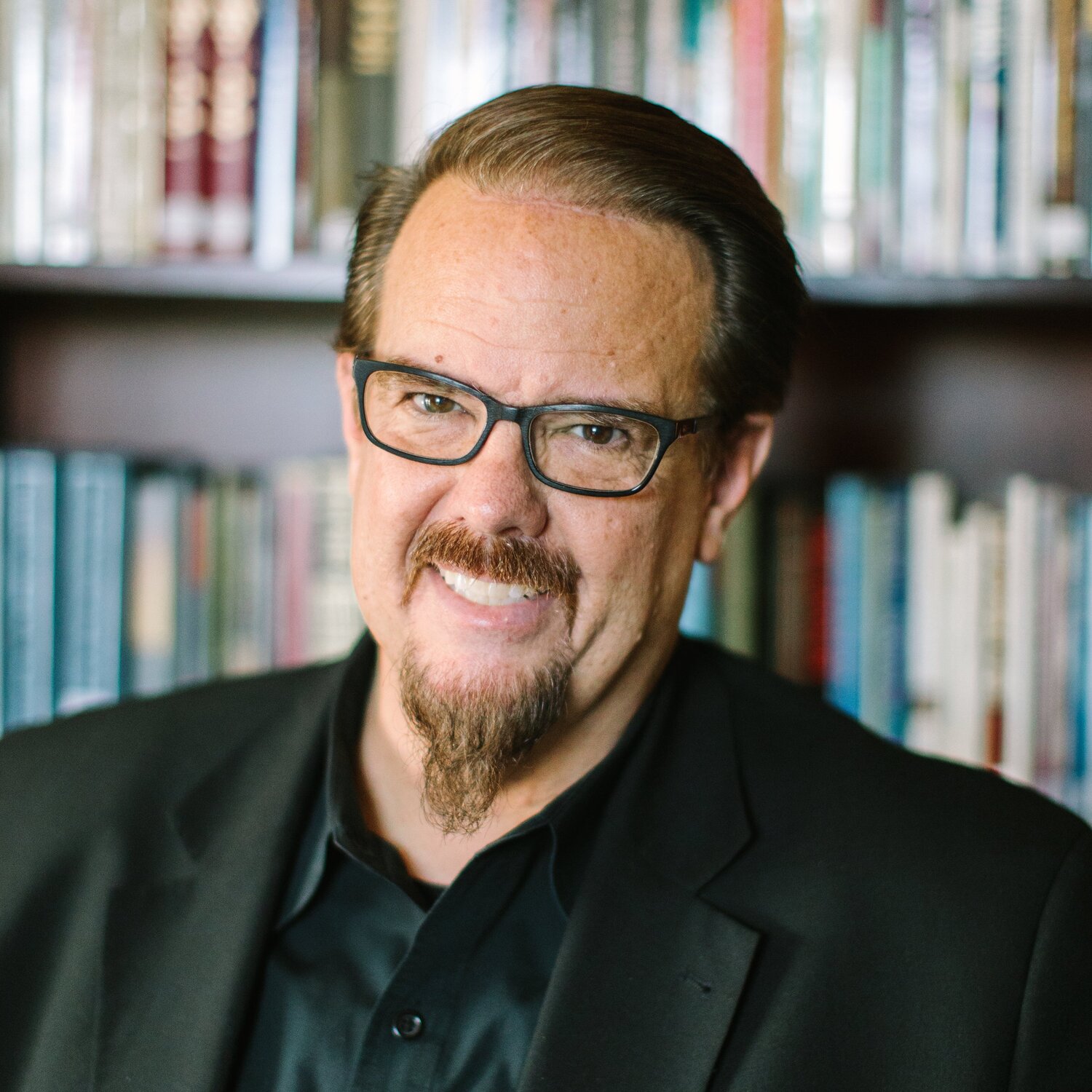
Ed Stetzer is the executive director of the Billy Graham Center. He has planted, revitalized, and pastored churches, trained pastors, and church planters on six continents, holds two master’s degrees and two doctorates, and has written a dozen books and hundreds of articles. He is a contributing editor for “Christianity Today”, an executive editor of The Gospel Project, a columnist for “Outreach Magazine”, and is frequently cited or interviewed in news outlets such as “USA Today” and “CNN”.

